Hilton Minneapolis-St. Paul Airport Hotel | tripadvisor.com
Hilton Minneapolis-St. Paul Airport Hotel | tripadvisor.com
The general manager of a 300-room Bloomington hotel recently appealed to his congressional representative to stop lenders from using "vulture tactics" to prey on borrowers hard struck by the COVID-19 pandemic's economic impact.
The lenders that circle over pandemic-distressed properties "are well within their legal rights," Hilton Minneapolis St. Paul Airport Hotel general manager Marc Faubert said in his April 2 letter to U.S. Rep. Dean Phillips (D-MN03).
In a copy of the two-page letter obtained by SE Twin Cities, Faubert told Phillips the lenders' schemes are "unconscionable from a moral perspective and stand starkly against the principles that we share here in the United States."
"Frankly, to take advantage of this crisis for the sake of better returns for some New York hedge fund strikes me as unAmerican," Faubert continued in his letter. "The negative impact to hotel owners and their employees of these vulture tactics will be long lasting."
Earlier this week, Phillips was part of a bipartisan group of lawmakers who urged the Small Business Administration and the Department of the Treasury to improve Paycheck Protection Program (PPP) loan forgiveness flexibility for small businesses. The group also asked that additional guidance on rehiring be provided.
"As a resource for small businesses, sole proprietors, contractors, and the self-employed, PPP loans were meant to both keep workers employed and to address the different context and needs of these businesses," the letter signed by Phillips and seven other lawmakers said. "Additional stipulations or insufficient guidance for these businesses means they could be forced to choose between abandoning critical aspects of their business or taking on additional debt that they cannot afford. Forcing small business owners to make this choice could result in these businesses having to close their doors, further feeding into a loss of industry and higher unemployment at a time when Americans are struggling most."
The PPP is part of the $2 trillion CARES Act, supported by Phillips and passed by Congress late last month, which does provide some foreclosure relief, mostly for family-owned properties.
In addition, some states have set up foreclosure moratoriums and stays, often covering small and large properties from lenders' actions to seize assets when payments are not made during the pandemic.
Minnesota is currently not one of those states.
Larger properties received some protection in an interagency statement issued March 22 by the Federal Reserve, FDIC and other regulatory agencies that encouraged the nation's banks to work proactively with borrowers hit hard by the COVID-19 pandemic.
"The agencies encourage financial institutions to work prudently with borrowers who are or may be unable to meet their contractual payment obligations because of the effects of COVID-19," the statement said. "The agencies view loan modification programs as positive actions that can mitigate adverse effects on borrowers due to COVID-19. The agencies will not criticize institutions for working with borrowers and will not direct supervised institutions to automatically categorize all COVID-19 related loan modifications as troubled debt restructurings (TDRs)."
Faubert called the interagency statement "undoubtedly a step in the right direction" but said not all borrowers have loans from FDIC-insured banks.
"However, billions of dollars of hotel loans in our country come from unregulated non-banks such as hedge funds and other investment funds," Faubert's letter said. "Since the Federal Reserve and the FDIC have no direct oversight of these firms, they are unlikely to follow the previously mentioned guidance. They are more likely to take a different approach: the use of vulture tactics to extract as much 'value' out of the hotel as possible without any regard for the current crisis or the hotel employees or hotel owners involved."
He said the vulture tactics include accelerating the foreclosure process to gather as many COVID-19-distressed properties as possible, using "small technical ways" to rush loan defaults, denying borrowers existing escrowed funds and slowing reimbursements on collateral.
"Representative Phillips, I urge you, Congress, the Federal Reserve and other governmental agencies to move quickly to address this situation before hotels across this country are mercilessly foreclosed on due to no fault of their own," Faubert said. "To the extent additional legislation related to COVID-19 is proposed, I would recommend adding language that introduces an 18-month moratorium on ALL foreclosure proceedings for ALL lenders to hotels. This should give hotels the time they will need to come up with reasonable solutions and strategies with their lenders to ensure that they have their loans paid off and avoid unnecessarily enriching hedge fund vultures."
SE Twin Cities sought comment from Wells Fargo, BAML, Key Bank, Prudential, JPM, Apollo, Aareal Bank, Morgan Stanley, Midland, Artemis, Ares Capital, Deutche Bank, Raith Capital, Clarion Partners, Principal Real Estate Investors, Blackrock, Starwood Capital, Southside Bank, Schroders and Brookfield Asset Management.
Of those contacted, only two responded, saying they were not authorized to speak to the press.
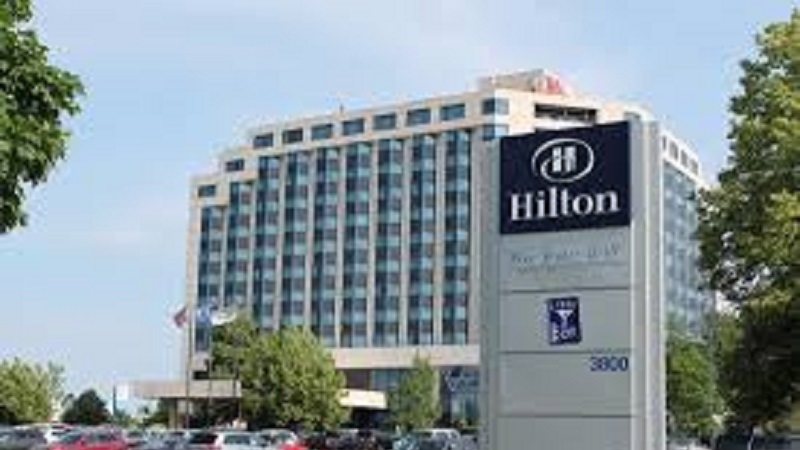
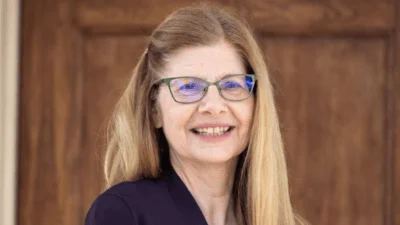
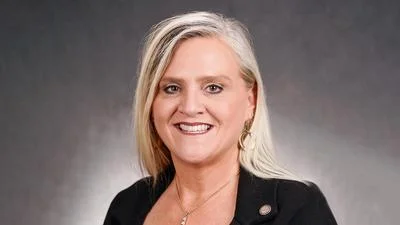
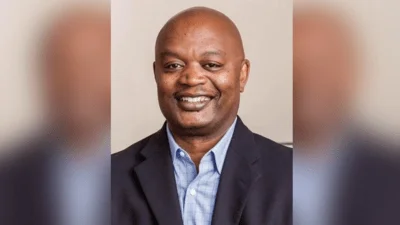
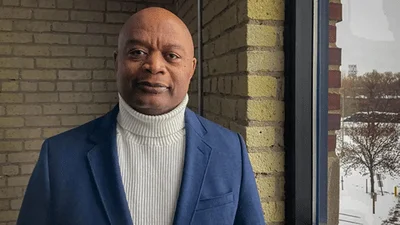
 Alerts Sign-up
Alerts Sign-up